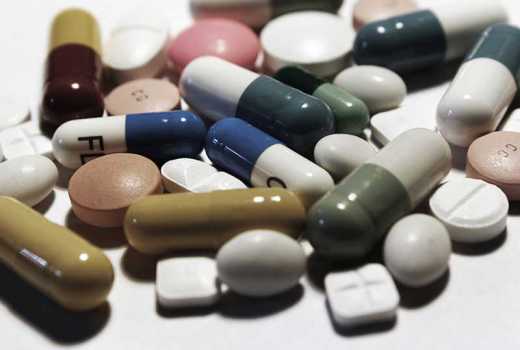×
The Standard e-Paper
Join Thousands Daily

The fight over local versus imported medicines turned vicious in the past week, with various groups, including doctors, taking hardline positions.
A national health sector forum organised by the Ministry of Health last week at the Laico Regency, Nairobi, demanded the cost of medicines be brought down if the country is to achieve affordable medical care for all by 2022.